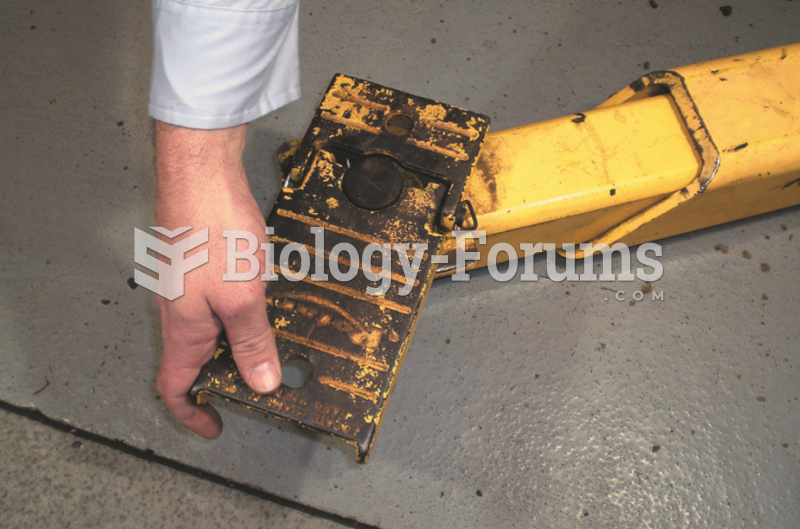|
|
|
About 3.2 billion people, nearly half the world population, are at risk for malaria. In 2015, there are about 214 million malaria cases and an estimated 438,000 malaria deaths.
In most cases, kidneys can recover from almost complete loss of function, such as in acute kidney (renal) failure.
Vaccines cause herd immunity. If the majority of people in a community have been vaccinated against a disease, an unvaccinated person is less likely to get the disease since others are less likely to become sick from it and spread the disease.
The familiar sounds of your heart are made by the heart's valves as they open and close.
There can actually be a 25-hour time difference between certain locations in the world. The International Date Line passes between the islands of Samoa and American Samoa. It is not a straight line, but "zig-zags" around various island chains. Therefore, Samoa and nearby islands have one date, while American Samoa and nearby islands are one day behind. Daylight saving time is used in some islands, but not in others—further shifting the hours out of sync with natural time.
 Organisms exhibit a diversity of behaviours, which include (clockwise from upper left), foraging and
Organisms exhibit a diversity of behaviours, which include (clockwise from upper left), foraging and
 The types of skeletal movement. (A) Flexion and extension of left forearm. (B) Flexion and extension ...
The types of skeletal movement. (A) Flexion and extension of left forearm. (B) Flexion and extension ...
 The arms can be moved in and out and most pads can be rotated to allow for many different types of ...
The arms can be moved in and out and most pads can be rotated to allow for many different types of ...




